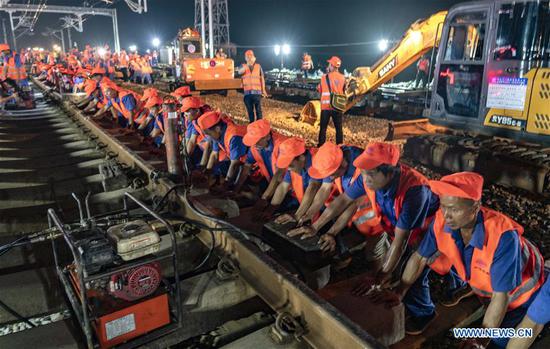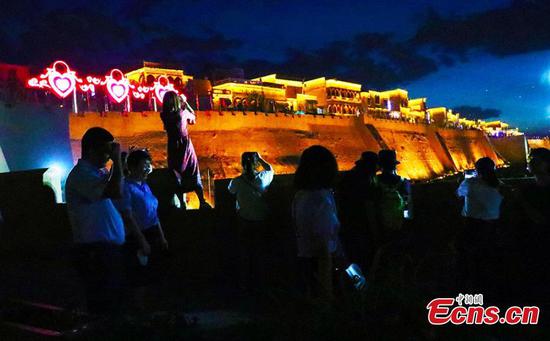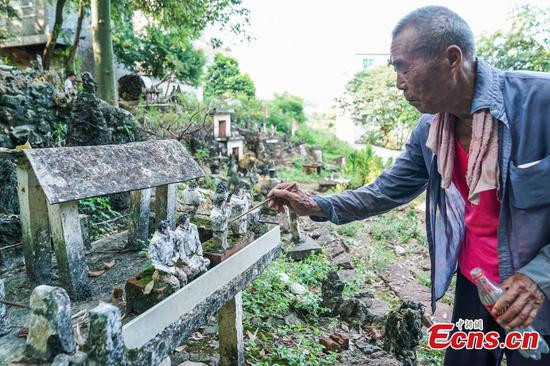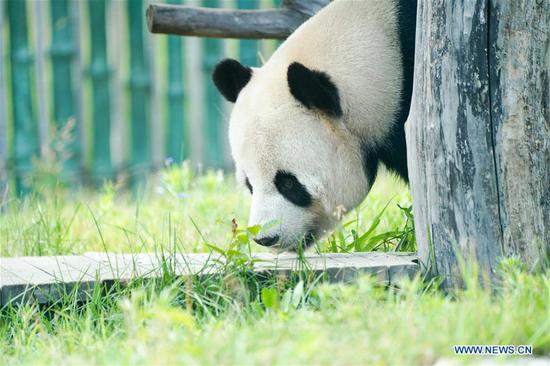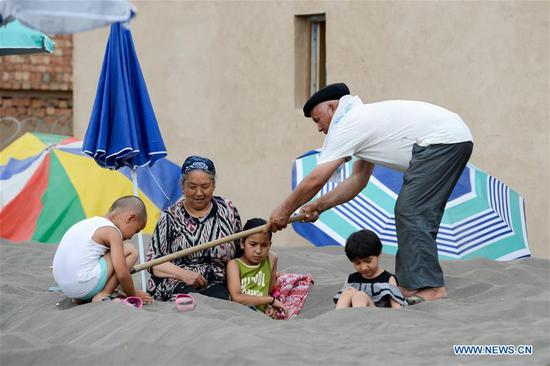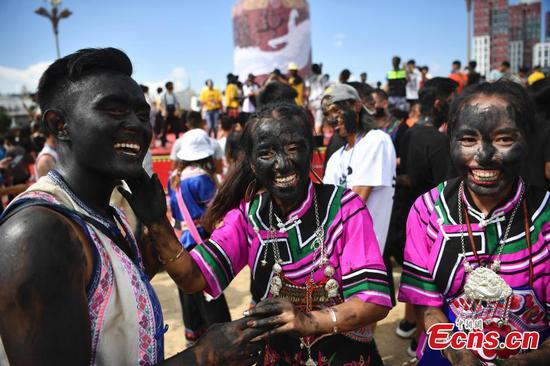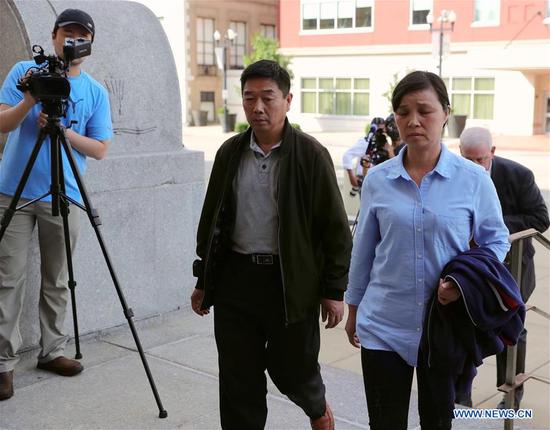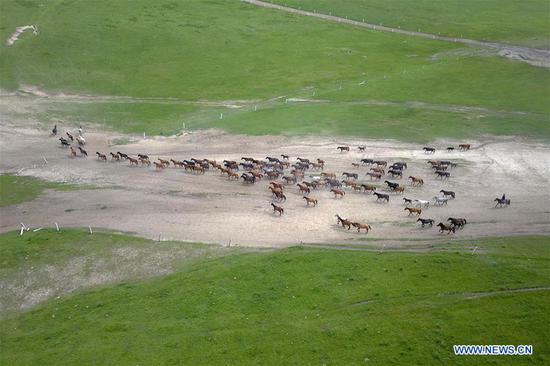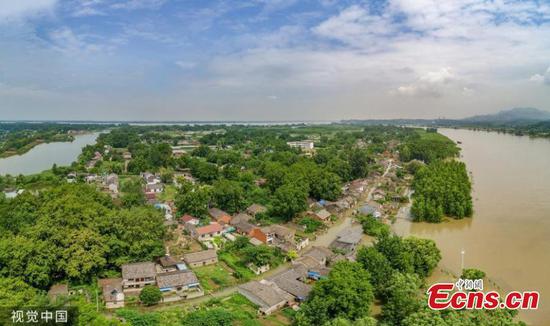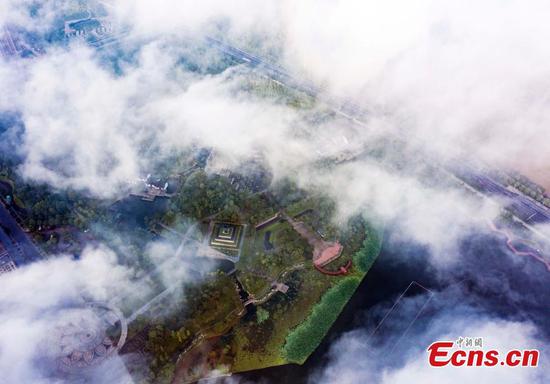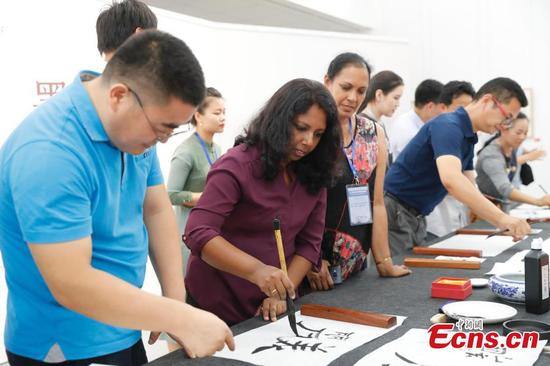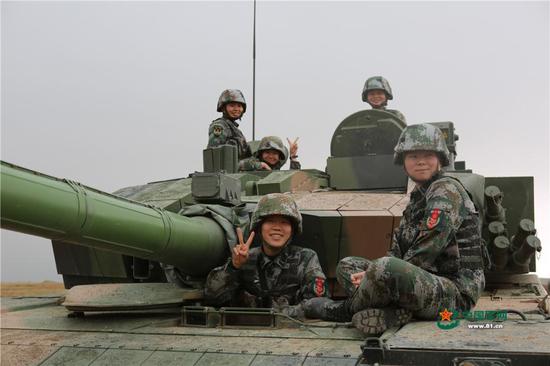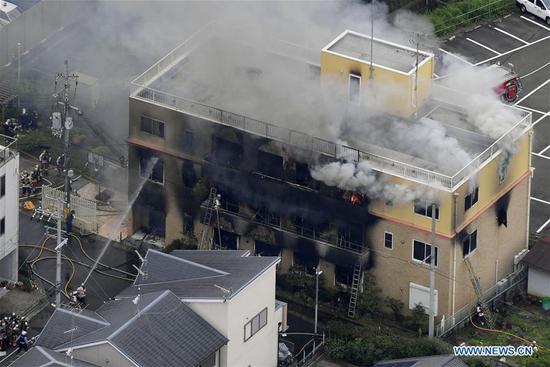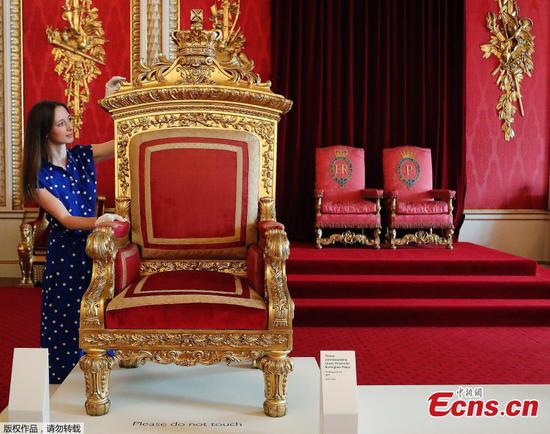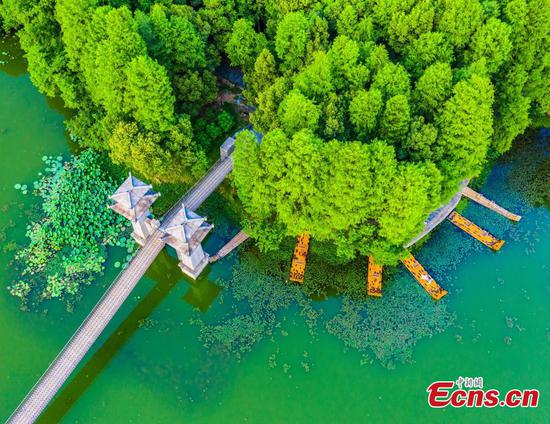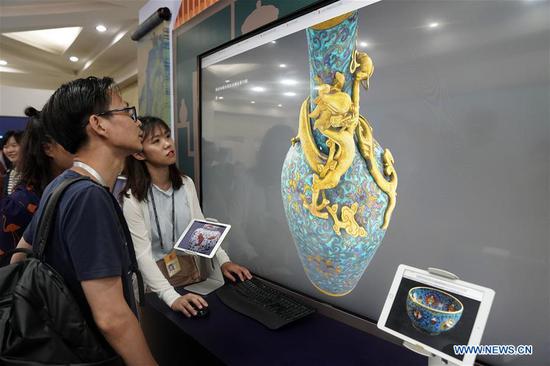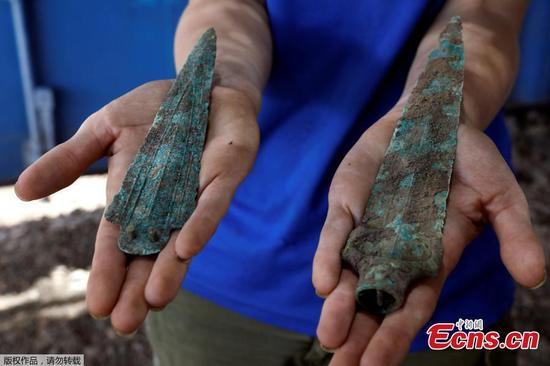Conclusion
It is a matter of principle to correctly treat historical issues. The historical and dialectical materialist stance, viewpoint and methodology help us gain a clear understanding of our country and its history, ethnic groups, culture, and religious affairs. They help us to properly understand and treat historical issues concerning Xinjiang. This is essential to maintaining the Chinese people’s sense of cohesion and identity, the country’s unity and long-term stability, and the security, stability and development of a wider region.
Xinjiang is enjoying sustained economic development, social stability, a better standard of living, unprecedented cultural prosperity, a harmonious coexistence of all religions, and solidarity among all ethnic groups. The region is experiencing its most auspicious period of development and prosperity. Hostile foreign forces and separatist, religious extremist and terrorist forces that have colluded to distort history and tamper with facts run counter to the trend of our times and will be cast aside by history and the people.
Xinjiang belongs to all ethnic groups in the region and the country. It is the common responsibility and aspiration of the Chinese people, including all those in Xinjiang, to carry forward our cultural heritage and build a shared spiritual home based on Chinese culture. Under the leadership of the Central Committee of the Communist Party of China with Xi Jinping as the core, and with the support of the whole country and its people, all ethnic groups in Xinjiang are striving to achieve the Two Centenary Goals and the Chinese Dream of national rejuvenation. Xinjiang will embrace an ever better future.










